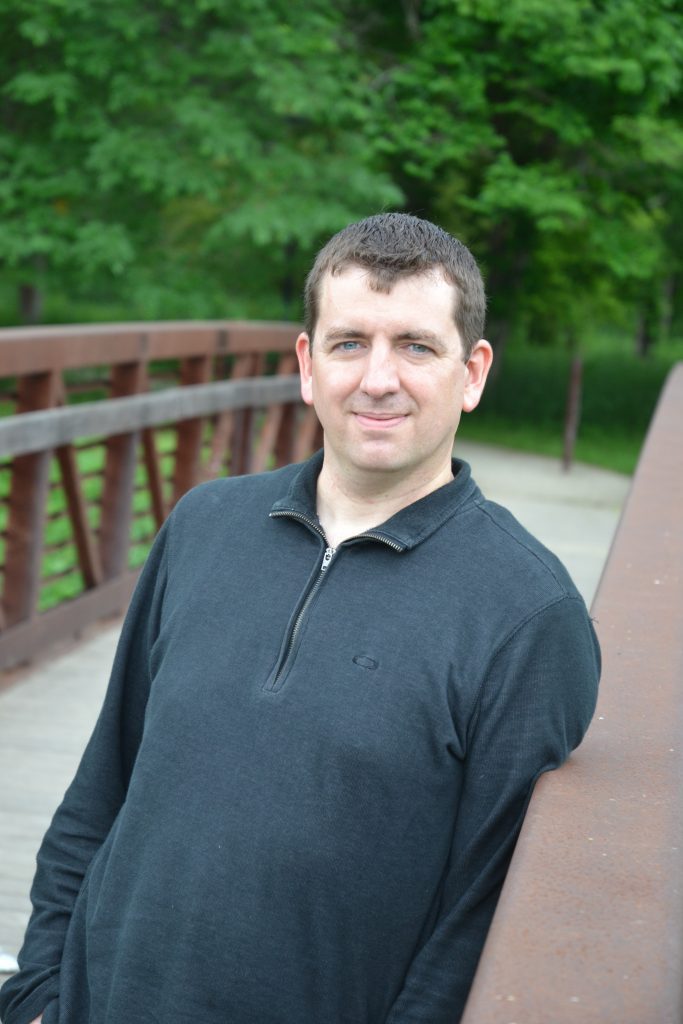 By Andy Sahl
By Andy Sahl
“It’s like my first world problems really are first world problems.” I could hardly believe the words came out of her mouth as we sat in a circle reflecting on our trip to Bolivia this summer. One of our very high functioning, gifted, intelligent kids reflected that the “joke” she had been repeating for the last year wasn’t really a joke. Her problems really were first world problems1 (I forgot my cell phone charger, the line at Starbucks is out the door), and there are actually people in this world with third world problems (I don’t have a pencil for school, there is not clean water to drink).
We talk a lot about mission trips changing lives, people getting out of their comfort zone, gaining new perspectives, or being “ruined” for Jesus.
A psychologist would describe what happens to one on a mission trip emotionally and cognitively as Cognitive Dissonance.
cognitive dissonance is the feeling of discomfort when simultaneously holding two or more conflicting cognitions: ideas, beliefs, values or emotional reactions. In a state of dissonance, people may sometimes feel “disequilibrium”: frustration, hunger, dread, guilt, anger, embarrassment, anxiety, etc.
One description of cognitive dissonance is a teenage girl going on an urban mission trip with the cognition (thought/idea) that kids in the inner city don’t graduate from school because they don’t try hard or just don’t want to go to school. While on the trip, the she sees the chaos of an urban neighborhood, experiences an urban school that is vastly inferior to their own suburban school (the building and other resources), and meets a number of hard working, intelligent students in the urban school that are thriving despite limited opportunities.
The previously held cognition is now in dissonance (out of harmony) with the new understanding of the conditions of urban education. In addition to the dissonant cognitions about the community they are visiting/serving, she also has cognitions in dissonance about herself (and their school, opportunities, family, gifts from God).
There is a crisis for this young woman, and she must work to sort out this dissonance. The more contrast between the previously held belief and the new belief, the more powerful the crisis. A powerful dissonance can go as far as completely reshaping a young person’s identity.
Cognitive dissonance is one of the most powerful tools for therapists and it’s important for those working in ministry to be able to identify this phenomenon and help young people grow into their new cognitions and sort out the feelings that come with this transformation.
DISCLAIMER
Mission trips should not be designed with the goal of “creating cognitive dissonance in OUR youth group kids.” Mission trips should be designed around the question of “how can we serve this community, or what are the needs of this community.” A mission trip focused on the youth group student’s transformation/joy is often the root of the current critiques of mission trips.
That being said, my experience is that a mission trip centered on the correct mission will often create healthy and productive cognitive dissonance in young people that God will use to prompt them to lives and lifestyles of serving others. However, I do think it’s more than possible to create an effective and faithful mission trip that does not create cognitive dissonance.
1 In ministry I tend to joke about “First World Problems” carefully, because many of us have real, significant, painful problems even in the first world.
Join the conversation on Facebook.com/FirstThird!
 Andy Sahl is the Director of Youth Ministry at Saint Michael and All Angles Episcopal Church in Dallas Texas and has been serving in youth ministry for 15 years. Andy is passionate about developing authentic community and families through the ministries he helps lead. You can often find Andy out for a run with his dog Charles, sharing a cup of coffee with a friend at a local café, or at a favorite restaurant with his family. You can follow him on Twitter @andysahl
Andy Sahl is the Director of Youth Ministry at Saint Michael and All Angles Episcopal Church in Dallas Texas and has been serving in youth ministry for 15 years. Andy is passionate about developing authentic community and families through the ministries he helps lead. You can often find Andy out for a run with his dog Charles, sharing a cup of coffee with a friend at a local café, or at a favorite restaurant with his family. You can follow him on Twitter @andysahl

